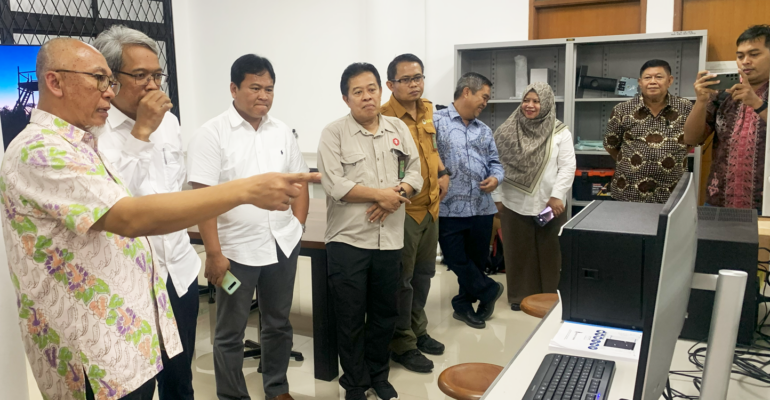SKHB IPB University Receives Delegation from the Directorate General of KSDAE KLHK to Review the Readiness of Assisted Reproductive Technology Laboratory and Bio-Bank

School of Veterinary Medicine and Biomedical (SKHB) IPB University received a visit from the Directorate General (DG) of Conservation of Natural Resources and Ecosystems (KSDAE), Ministry of Environment and Forestry (KLHK). The visit took place at the School of Veterinary Medicine and Biomedical Sciences (SKHB), IPB Dramaga Campus, on 18/1.
Dean of SKHB IPB University, Dr Amrozi was present to welcome the presence of Director General of KSDAE KLHK Prof Satyawan Pudyatmoko and Director of Species and Genetic Biodiversity Conservation, Nunu Anugrah, and his staff.
“The visit of the Director General of KSDAE is a follow-up supervision of the development and readiness of the Assisted Reproductive Technology (ART) Laboratory and the Bio-Bank SKHB IPB University as part of the program in an effort to support the conservation of Sumatran rhinos whose population is very limited,” said Dr Amrozi.
He continued, the laboratory for Sumatran rhinos and endangered wildlife in Indonesia owned by SKHB IPB University applies ART and Bio-Bank as technological innovations to keep these animals from extinction.
“In general, there are two methods of technology application that can be carried out with this facility, namely cryopreservation technology to store genetic resources such as sperm, fibroblast cells, stem cells, and embryos, and assisted reproduction technology for the Sumatran rhino propagation programme, apart from natural breeding efforts,” explained Dr Amrozi.
“We from the SKHB IPB University Team have completed the preparation of a roadmap and Bio-Bank application program for Sumatran rhinos,” concluded Dr Muhammad Agil, Chairman of the ART and Bio-Bank laboratory development team.
He hopes that the development of ART and Bio-Bank laboratories can protect Sumatran rhinos and wildlife that are currently threatened with extinction. (AP/DDC/Lp) (IAAS/RUM)


